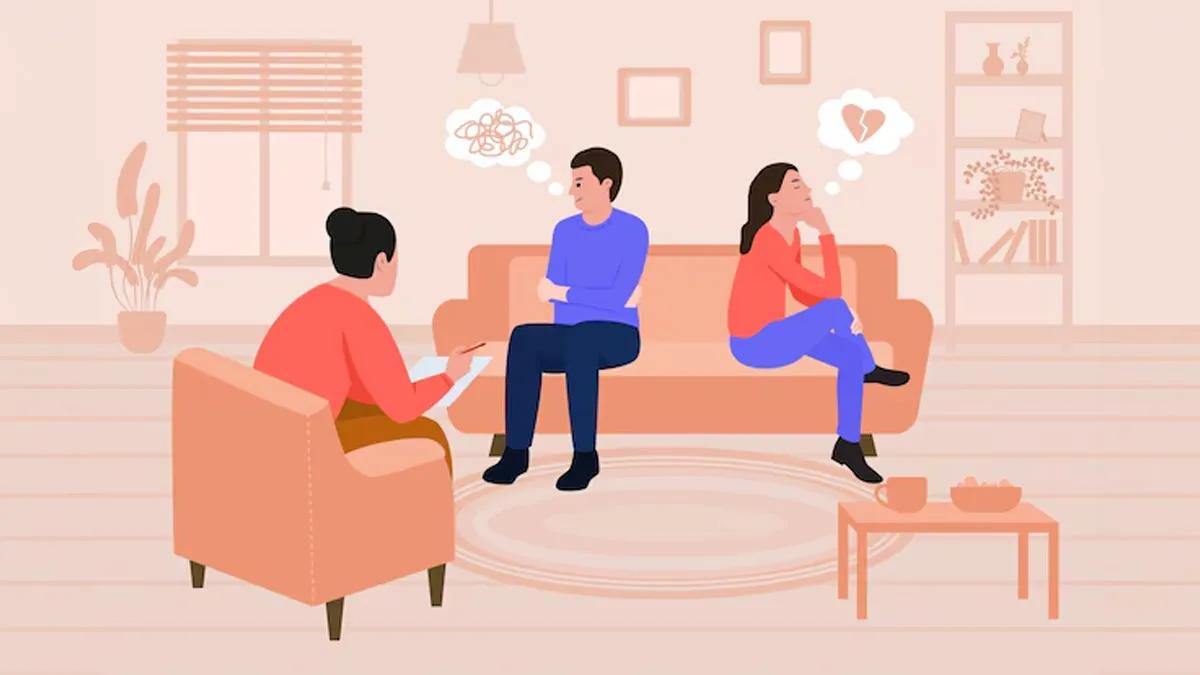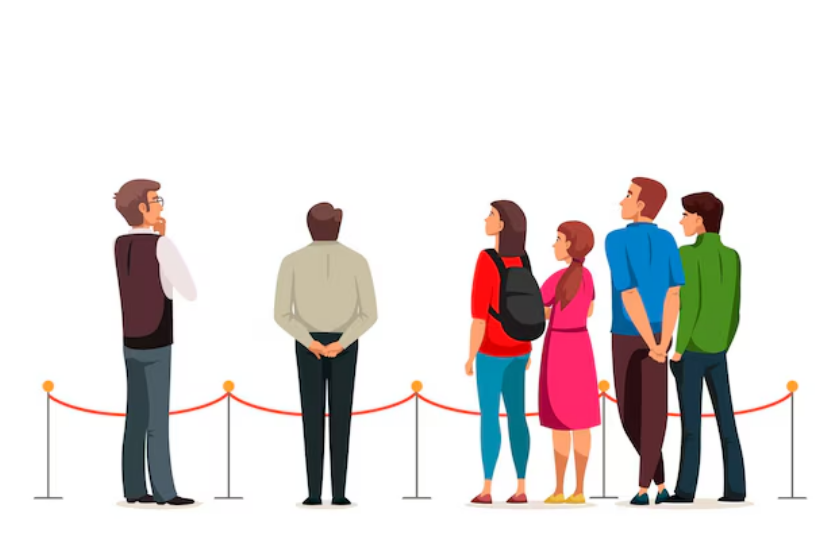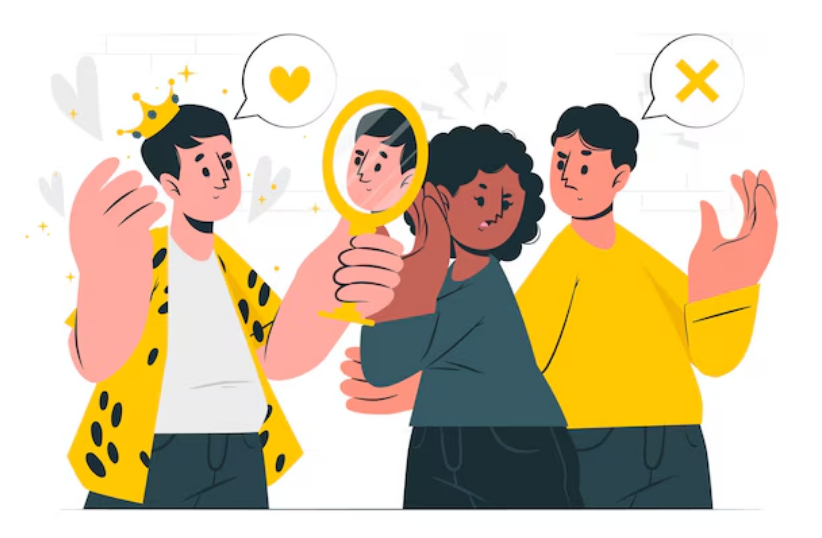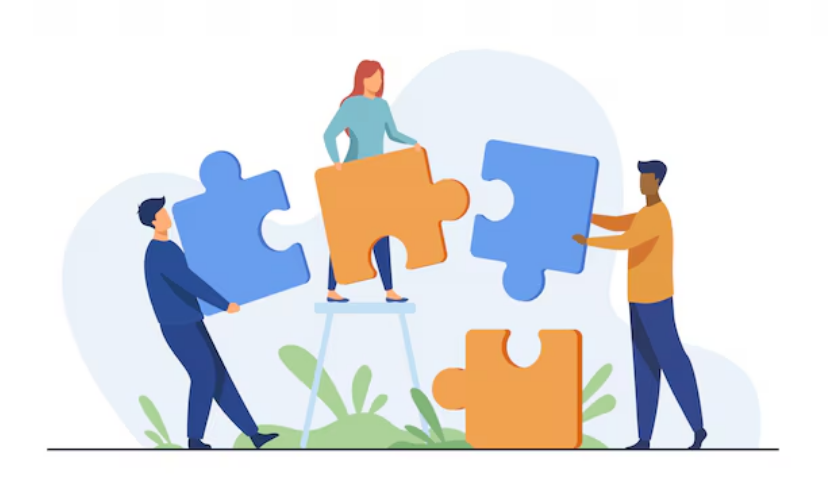
When it comes to love, marriage, or even dating, why do we often find ourselves sharing our relationship problems with friends, family, or even coworkers? Whether it’s venting about a partner’s annoying habits or seeking advice after a major argument, involving others in our personal struggles seems almost instinctive. But what drives this behaviour? According to experts, the reasons are deeply rooted in human psychology, the desire for validation, and the need for perspective.
We spoke to Aarti Chawla, a Mumbai-based relationship psychotherapist and life coach, to understand why we bring others into our relationship issues and what it says about our emotional needs.
From childhood, we’re wired to seek validation, first from our parents, then from teachers, friends, and colleagues. This need for approval doesn’t disappear when we grow up; it simply shifts to different areas of our lives, including relationships.
“When someone shares their relationship issues with friends or family, they’re often looking for validation,” explains Aarti Chawla. “For example, a woman dating a man might discuss her problems with her friends to ensure she’s making the right choices. Hearing others say, ‘You’re not wrong,’ or ‘I’d feel the same way,’ helps her feel reassured and confident in her decisions.”

A study published in the Journal of Social and Personal Relationships found that people often seek external opinions to confirm their feelings and actions, especially in emotionally charged situations like relationship conflicts.
Another reason we involve others is to gain a fresh perspective. When we’re too close to a situation, it’s easy to lose objectivity. Talking to someone outside the relationship can provide clarity and new insights.
“Discussing issues with others helps us understand how they would handle a similar situation,” says Chawla. “For instance, a woman might share her marital problems with her friends to learn how they would react if they were in her shoes. This not only broadens her perspective but also helps her explore solutions she might not have considered.”

This behaviour aligns with the concept of social comparison theory, which suggests that we evaluate our own actions and decisions by comparing them to those of others. By understanding how others would handle a situation, we can make more informed choices in our own relationships.
Don't Miss: Study Reveals What Women Truly Find Attractive in Sexual Relationships: Expert Insights
Sometimes, sharing relationship issues isn’t just about seeking advice or validation, it’s also about showcasing power dynamics.
“In some cases, people discuss their relationships to highlight their own role or dominance,” Chawla explains. “For example, a man might share details about his date with his friends to subtly boast about his desirability or control in the relationship. It’s a way of asserting oneself and gaining social approval.”

This behaviour can be linked to the need for social status and recognition. According to a study in the Journal of Personality and Social Psychology, people often share personal stories to enhance their social standing and reinforce their identity within a group.
Not every conversation about relationship issues has a deeper agenda. Sometimes, we just need to vent.
“There are times when people simply want to be heard,” says Chawla. “They’re not looking for solutions or validation—they just need a safe space to express their emotions. Ranting about a partner’s behaviour can be cathartic and help release pent-up frustration.”
While involving others in relationship issues can be helpful, Aarti Chawla advises caution. “It’s important to choose the right person to confide in. Not everyone has your best interests at heart, and some may offer biased or unhelpful advice.”
She also emphasises the importance of maintaining boundaries. “Constantly sharing relationship problems with others can sometimes backfire. It can create unnecessary drama or even strain your relationship further. Use these conversations as a tool for growth, not as a way to fuel negativity.”

Involving others in relationship issues is about connection. Whether we’re seeking validation, perspective, or simply a listening ear, these conversations fulfill a fundamental human need to feel understood and supported.
As Chawla puts it, “Relationships are complex, and it’s natural to seek help navigating them. But remember, the ultimate goal is to strengthen your bond with your partner, not to let outside opinions dictate your choices.”
Don't Miss: Why Do Seemingly Happy People Cheat? Exploring The Relationship Dynamics Through An Expert
For more such stories, stay tuned to HerZindagi.
Image Courtesy: Freepik
Also watch this video
Herzindagi video
Our aim is to provide accurate, safe and expert verified information through our articles and social media handles. The remedies, advice and tips mentioned here are for general information only. Please consult your expert before trying any kind of health, beauty, life hacks or astrology related tips. For any feedback or complaint, contact us at compliant_gro@jagrannewmedia.com.